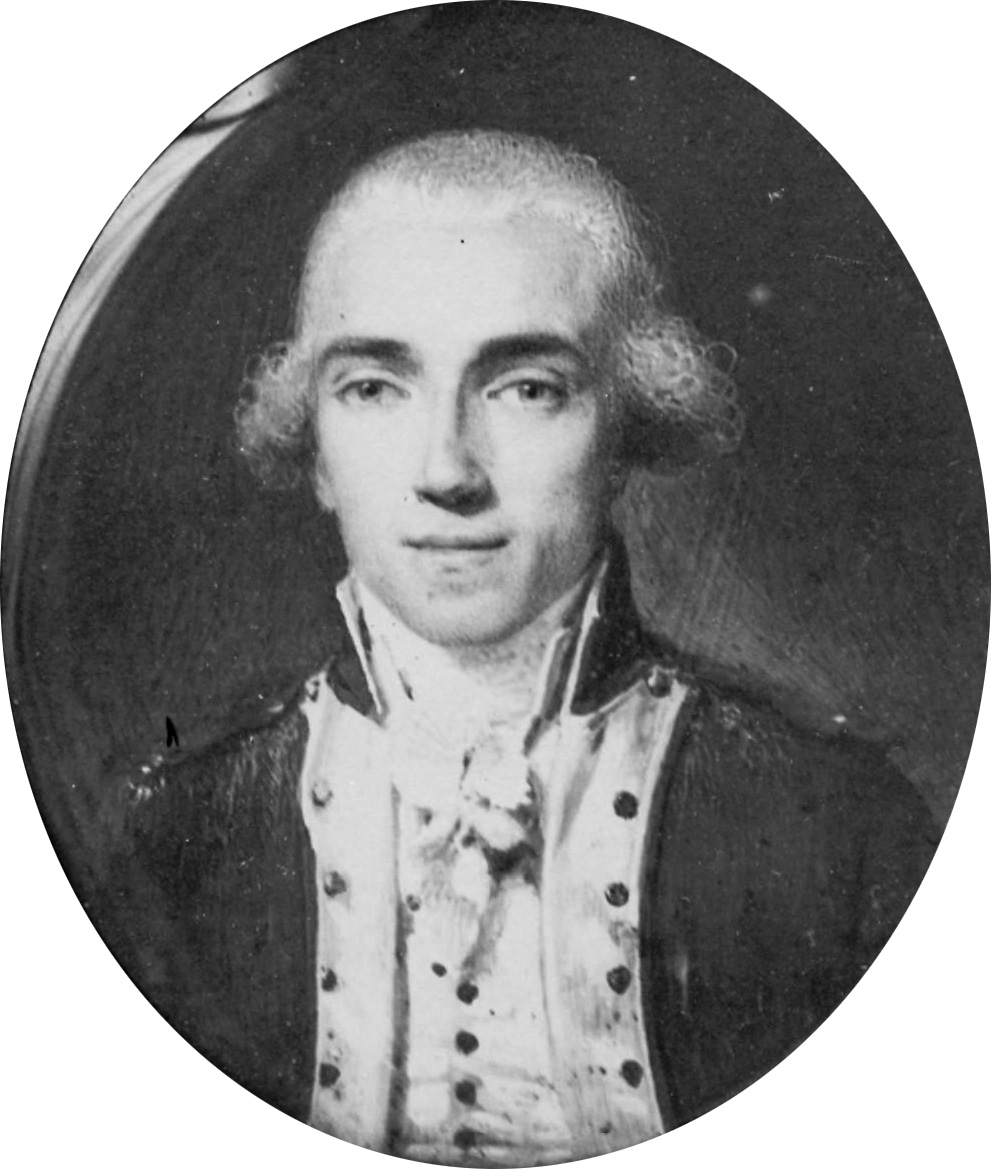Bernard Sarrette on:
[Wikipedia]
[Google]
[Amazon]
 Bernard Sarrette (27 November 1765April 1858), founded what would become the ''
Bernard Sarrette (27 November 1765April 1858), founded what would become the ''
 Bernard Sarrette (27 November 1765April 1858), founded what would become the ''
Bernard Sarrette (27 November 1765April 1858), founded what would become the ''Conservatoire de Paris
The Conservatoire de Paris (), also known as the Paris Conservatory, is a college of music and dance founded in 1795. Officially known as the Conservatoire National Supérieur de Musique et de Danse de Paris (CNSMDP), it is situated in the avenue ...
''.
Biography
Sarrette was born inBordeaux
Bordeaux ( , ; Gascon oc, Bordèu ; eu, Bordele; it, Bordò; es, Burdeos) is a port city on the river Garonne in the Gironde department, Southwestern France. It is the capital of the Nouvelle-Aquitaine region, as well as the prefectur ...
, the son of a shoemaker
Shoemaking is the process of making footwear.
Originally, shoes were made one at a time by hand, often by groups of shoemakers, or cobblers (also known as '' cordwainers''). In the 18th century, dozens or even hundreds of masters, journeymen ...
, and travelled to Paris as an accountant. During the French Revolution
The French Revolution ( ) was a period of radical political and societal change in France that began with the Estates General of 1789 and ended with the formation of the French Consulate in November 1799. Many of its ideas are considere ...
, he joined the ''Garde Nationale''. There he proposed the formation of a corps of musicians, and was put in charge, although he was not a musician.
He gathered together forty-five musicians from the depot of the Gardes Françaises
The French Guards (french: Régiment des Gardes françaises) were an elite infantry regiment of the French Royal Army. They formed a constituent part of the Maison militaire du roi de France ("Military Household of the King of France") under the ...
, and they formed the nucleus for the music of the ''Garde Nationale'', with François Joseph Gossec
François () is a French language, French masculine given name and surname, equivalent to the English name Francis (given name), Francis.
People with the given name
* Francis I of France, King of France (), known as "the Father and Restorer of ...
as artistic director. In May 1790, the municipality of Paris increased the body to seventy-eight musicians. When the financial embarrassments of the Commune
A commune is an alternative term for an intentional community. Commune or comună or comune or other derivations may also refer to:
Administrative-territorial entities
* Commune (administrative division), a municipality or township
** Communes of ...
necessitated the suppression of the paid guard, Sarrette kept the musicians near him and obtained from the municipality, in June 1792, the establishment of a free school of music. This cites Constant Pierre
Constant Pierre (24 August 1855 – 12 February 1918) was a French musicologist.Robert 2001
Early life and career as a bassoonist
Born Constant-Victor-Désiré Pierre in Passy, near Paris, he entered the Conservatoire de Paris in 1878 and stud ...
, ''B. Sarrette et les origines du Conservatoire'' (Paris, 1895).
Sarrette was briefly imprisoned from 25 March to 10 May 1794, although the reasons are uncertain. On 18 Brumaire, Year II (8 November 1794), the school was converted into the Institut National de Musique
An institute is an organisational body created for a certain purpose. They are often research organisations (research institutes) created to do research on specific topics, or can also be a professional body.
In some countries, institutes can ...
by decree of the convention, and by the law of 16 Thermidor
Thermidor () was the eleventh month in the French Republican Calendar. The month was named after the French word ''thermal'', derived from the Greek word "thermos" (''heat'').
Thermidor was the second month of the summer quarter (''mois d'ét ...
, Year III (3 August 1795), it was finally organized under the name of ''Conservatoire''. Sarrette regained the title of director during the reorganization of 1800.
The protection of Napoleon I
Napoleon Bonaparte ; it, Napoleone Bonaparte, ; co, Napulione Buonaparte. (born Napoleone Buonaparte; 15 August 1769 – 5 May 1821), later known by his regnal name Napoleon I, was a French military commander and political leader who ...
was a source of disaster to him in 1815, when the conservatoire was closed; its subsequent history was watched by its founder as a mere spectator from outside. For the last forty four years of his life Sarrette lived in retirement, in some type of disgrace. He died in Paris on 13 April 1858 and is buried in that city's Montmartre Cemetery
The Cemetery of Montmartre (french: link=no, Cimetière de Montmartre) is a cemetery in the 18th arrondissement of Paris, France, that dates to the early 19th century. Officially known as the Cimetière du Nord, it is the third largest necropolis ...
.
References
{{DEFAULTSORT:Sarrette, Bernard 1765 births 1858 deaths People from Bordeaux 18th-century French people 19th-century French people Directors of the Conservatoire de Paris Chevaliers of the Légion d'honneur Burials at Montmartre Cemetery